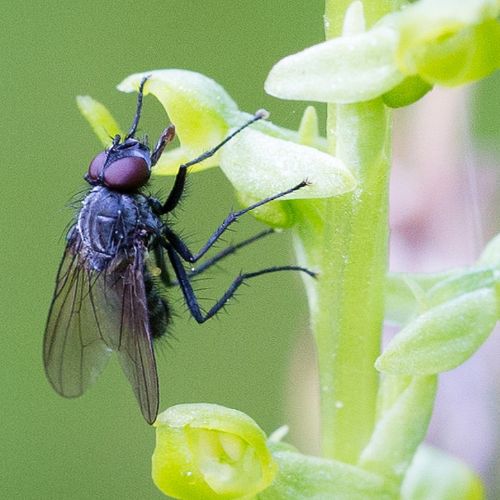Riffell Lab
Neuroecology and Sensory Biology






Opportunities & training in the Riffell Lab
The Riffell lab is always recruiting Graduate Students, Postdoctorates, Technicians, and Undergraduate Students.
Positions are available in the Riffell laboratory at the Department of Biology, University of Washington, Seattle WA, USA. Our laboratory is committed to having an inclusive and accepting environment. Mentoring and open communication are essential aspects of the laboratory. Full details on the latest positions can be found here. The Riffell lab recruits graduate students through the Neuroscience, Molecular and Cellular Biology, and Department of Biology PhD programs.
Lab News
City Smells Confound Flower-Seeking Moths
Media report
The scientists sampled flower scents and other odors with a sensitive mass spectrometer, and then used a wind tunnel to determine how different combinations of smells affected a moth’s ability to find flowers. They found that the moths did far better in rural environments than in urban and suburban ones.
Link to New York Times articleScientists discover how the mosquito brain integrates diverse sensory cues to locate a host to bite
Media report
For female mosquitoes, finding their next meal is all about smelling and seeing.
Link to UW News articleSwatting May Teach Mosquitoes to Avoid Your Scent
Media report
Disease-carrying mosquitoes can learn to associate near-death experiences with scent and will stay away after an attempted swat.
Link to National Geographic articleAre you a mosquito magnet? It’s because of how you smell
Media report
Some people are magnets for mosquitoes, emitting a tantalizing combination of chemicals that invites the pesky insects to dine on them.
Link to Washington Post articleMosquitoes are drawn to flowers as much as people — and now scientists know why
Media report
Without their keen sense of smell, mosquitoes wouldn’t get very far. They rely on this sense to find a host to bite and spots to lay eggs.
Link to UW News articleWhat If You Could Become Invisible to Mosquitoes?
Media report
Using Crispr, scientists have taken the first step toward creating a mosquito that is blind to human hosts.
Link to New York Times article